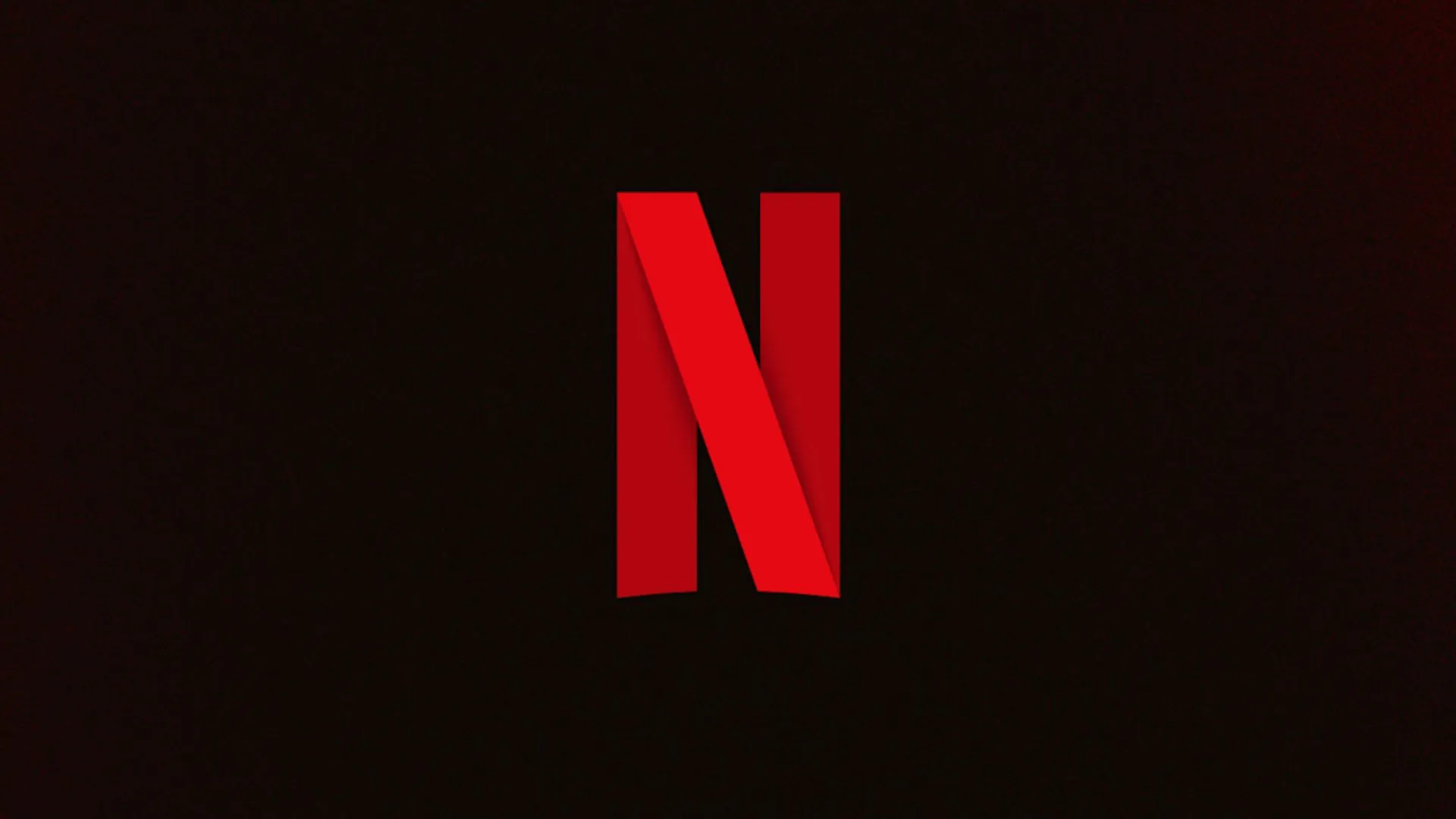A recent poll reflects public views on the tragic murder of Brian Thompson, chief executive of UnitedHealthcare, in early December. The survey throws light on the public frustration regarding the US healthcare system and the role of health insurance companies as well as personal responsibility on the part of the individual accused of murder, Luigi Mangione.
The poll results conducted by University of Chicago, show complexity about the relationship between healthcare, which is an entire industry, and the event which led to the homicide involving Thompson.
Poll Reveals Health Insurer’s Involvement
Following results from the new polling indicate that over 70 percent of respondents believe there are failings in health insurance systems, which could involve the denial of covers coupled with the profits obtained from health insurance companies, thereby attributing to the heinous murder surrounding the unfortunate Thompson’s death.
When the question was asked about “denials for health care coverage by health insurance companies,” 69% said this was an issue that “a great deal” or “a moderate amount” of responsibility lay with the killing of the CEO. Similarly, 67% of respondents felt that “profits made by health insurance companies” had a lot to do with the incident.
Luigi Mangione’s Role In The Murder
While opinion about the system’s effect runs very strongly, there also is another part of blame assigned to the murderer of the woman, Luigi Mangione. Though 78% of those interviewed found Mangione carried “a great deal” or a “moderate amount” of responsibility for Thompson’s death, still 20% of interviewees concluded that Mangione was minimally or not at all responsible for committing the murder.
Mangione was arrested after a long nationwide manhunt, following the shooting of Brian Thompson on the streets of Manhattan. He was arrested in a McDonald’s in Pennsylvania.
Mangione’s alleged writings revealed that he was carrying an immense anger against the US healthcare system, as he regarded it exploitative. His actions have created a national conversation about the ethics of a profit-driven healthcare model. Most of the people voiced their frustration over their personal experiences with the system.
Respondents’ Views On Healthcare
The poll, conducted by NORC at the University of Chicago, questioned 1,001 participants in the United States between December 12 and December 16. Of those polled, 73% said they knew of the killing of UnitedHealthcare’s CEO, with 27% stating they were less familiar with the incident.
Although 58% of respondents reported that they had never personally experienced a problem with their health insurance, an important portion of the population has faced severe problems in the system. Fifteen percent of respondents admitted that claims were denied, while 13% had difficulties getting prior authorization for treatments. In addition, 16% of respondents said that they have experienced difficulty finding an appropriate provider within their health insurance networks, and 7% of respondents reported being uninsured.
Even though the public is widely outraged by the killing of Thompson, the poll also brought to the surface concerns of the public regarding future violence against executives. Forty-one percent of respondents were either “not very concerned” or “not at all concerned” about further violence directed at health insurance executives or executives from other industries.
But 39% were “somewhat concerned,” while 19% claimed higher levels of concern, even saying that they were “extremely” or “very” frightened at the prospect of witnessing another attack like that which occurred recently.
ALSO READ | Guatemalan Migrant Indicted For Murder And Arson After Deadly NYC Subway Attack























